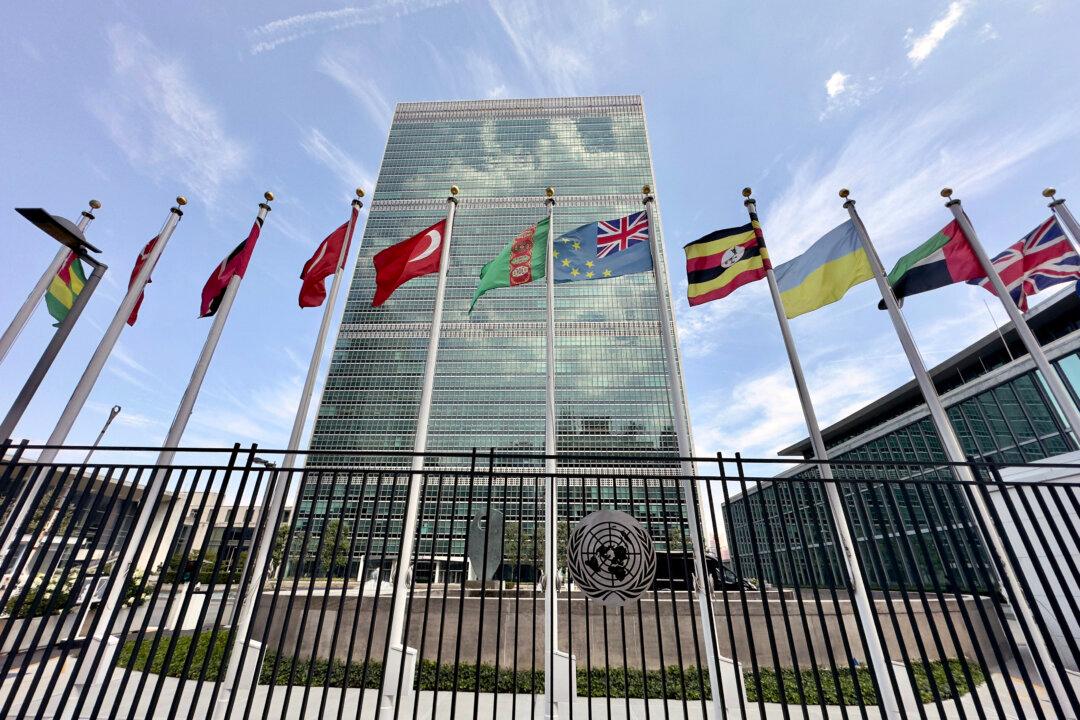A global journalism campaign claims that an upcoming United Nations global cybercrime treaty will give authorities sweeping surveillance powers.
On Aug. 6, the International Press Institute (IPI), a group of media professionals advocating for global press freedom, wrote that a new global convention backed by Russia, China, and others could usher in a new era of “transnational surveillance and repression.”





